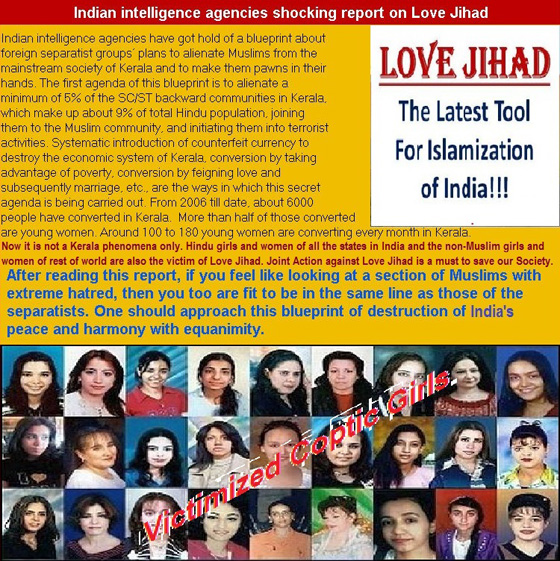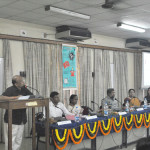The most recent notion to have caught the fancy of right wing nationalists is the concept of “Love Jihad.” The claim being made by right wing religious groups and political parties is that there is a coordinated and concerted effort being made by Muslims across the country, to trick non-Muslim women into marrying them. The end goal of such forced marriages, it is claimed, is to forcibly convert these women to Islam.


Unsurprisingly, the statistics supporting such claims are vastly exaggerated at best. Hindu and Christian religious groups have, in the past, claimed that thousands of girls have been converted just within the states of Kerala and Karnataka (Venkataramakrishnan, 2014) (Ramachandran, 2009). These claims were hyped to the extent that the governments of the two states launched investigations, only to conclude that the allegations were unfounded.
There are multiple opinions that have been voiced on the subject nationwide. Some have called the allegations preposterous, while others have called for all non-Islamic religious communities to protect their daughters. A few, however, are trying to make an important point amid the religious polarization, which is the lack of emphasis being laid on the rights of the women who are the so-called victims of this alleged practice. Instances of forced conversion must of course be given their due importance and those wronged ought to be able to access legal remedies. But what of the women who may be converting to Islam, or any other religion for that matter, of their own choice? Must they be subjected to this misguided sense of religious morality?


Another flaw of Indian society, reflected by the current discourse, is the lack of religious freedom women in India enjoy. It is assumed that only the father or husband of a woman can decide which religion their daughter or wife should follow. Women are thought of as being incapable of, or having no right, to determine their own religion.
Multiple religious groups have stated that the need of the hour is to protect women by containing their sexuality and freedom of movement. In Agra, for instance, a community has decided that young girls must not be allowed to carry cell phones (Mishra, 2014). Such an attitude gives rise to the risk of social stigma being attached to women who may be marrying outside their religion by choice, which can further perpetuate practices such as honour killing. This mindset is also in line with the mentality of victim blaming, wherein it is supposed that the onus of protecting themselves and preserving their ‘purity’ lies completely with women.
There are so many cases of women being duped by men into marrying them. Instead of focusing on those, we choose to focus on inter-religious marriages, ignoring the fact that they may be consensual, out of some misplaced sense of morality. Is this really the kind of India we want to be living in?




